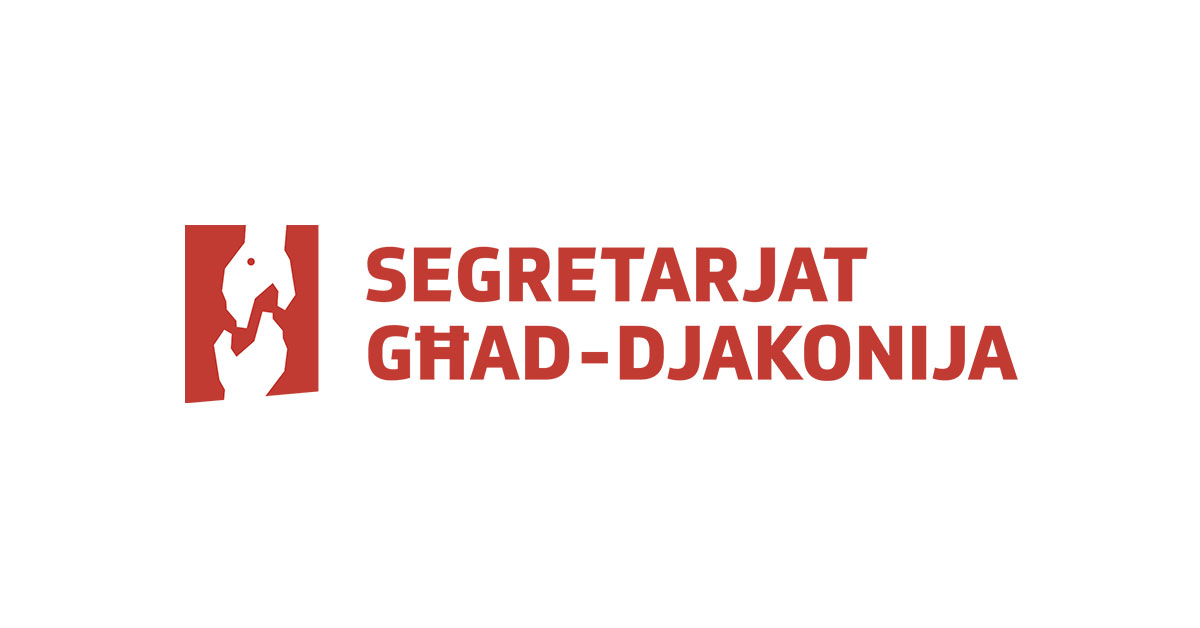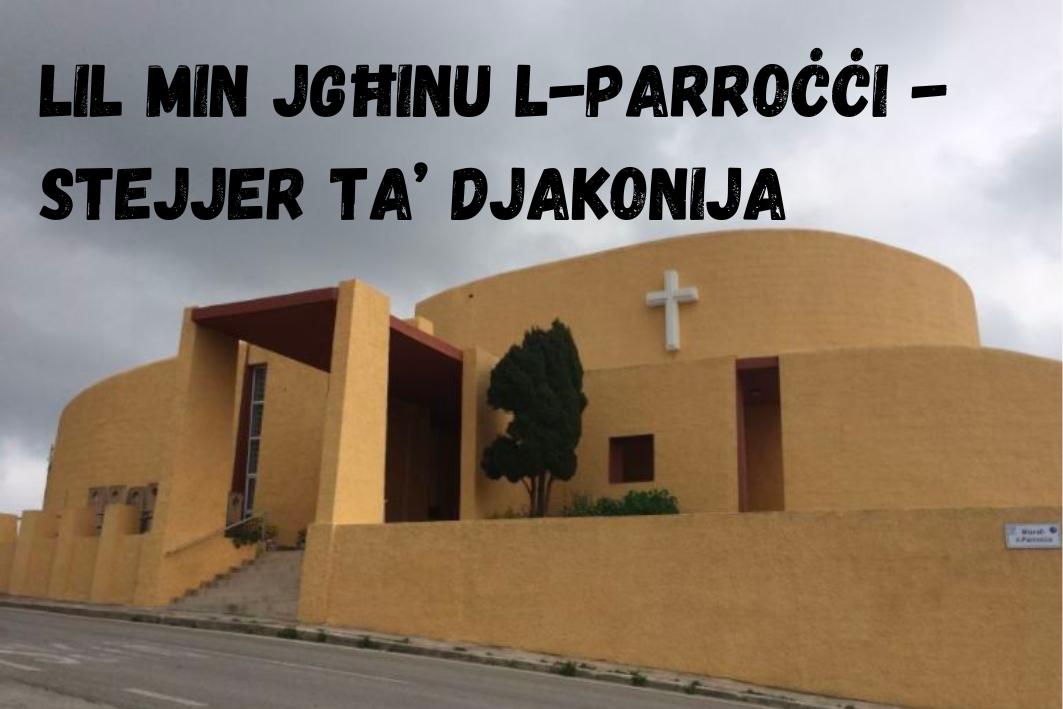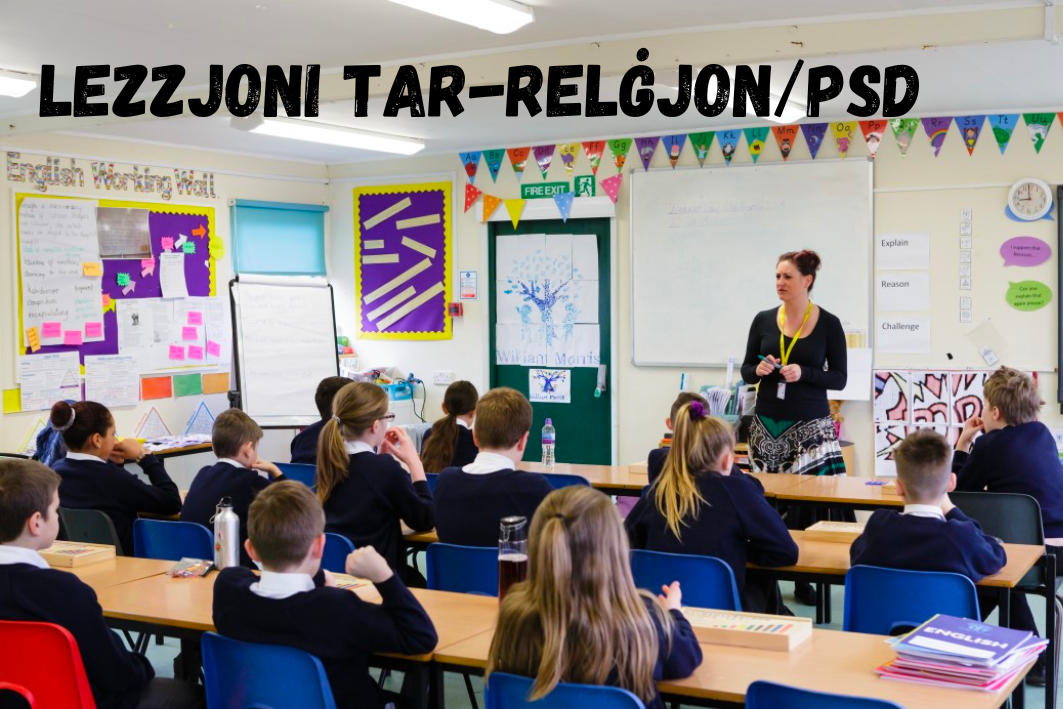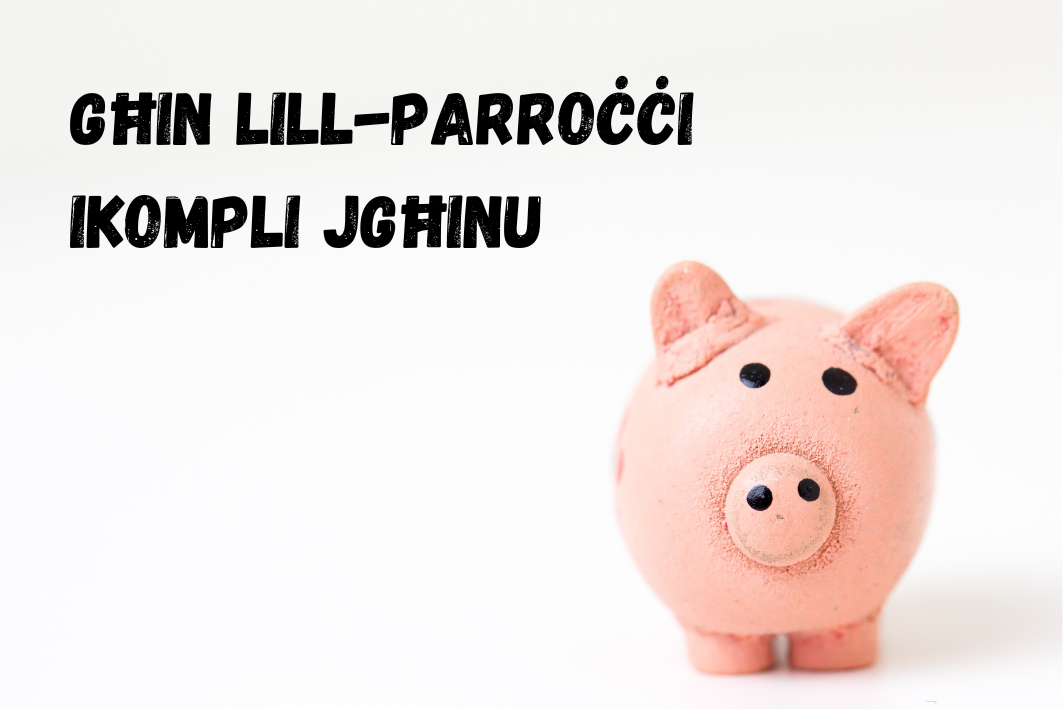Aġġornamenti
Supporting New Beginnings
27/09/2024Introduction to Djakonija
06/05/2024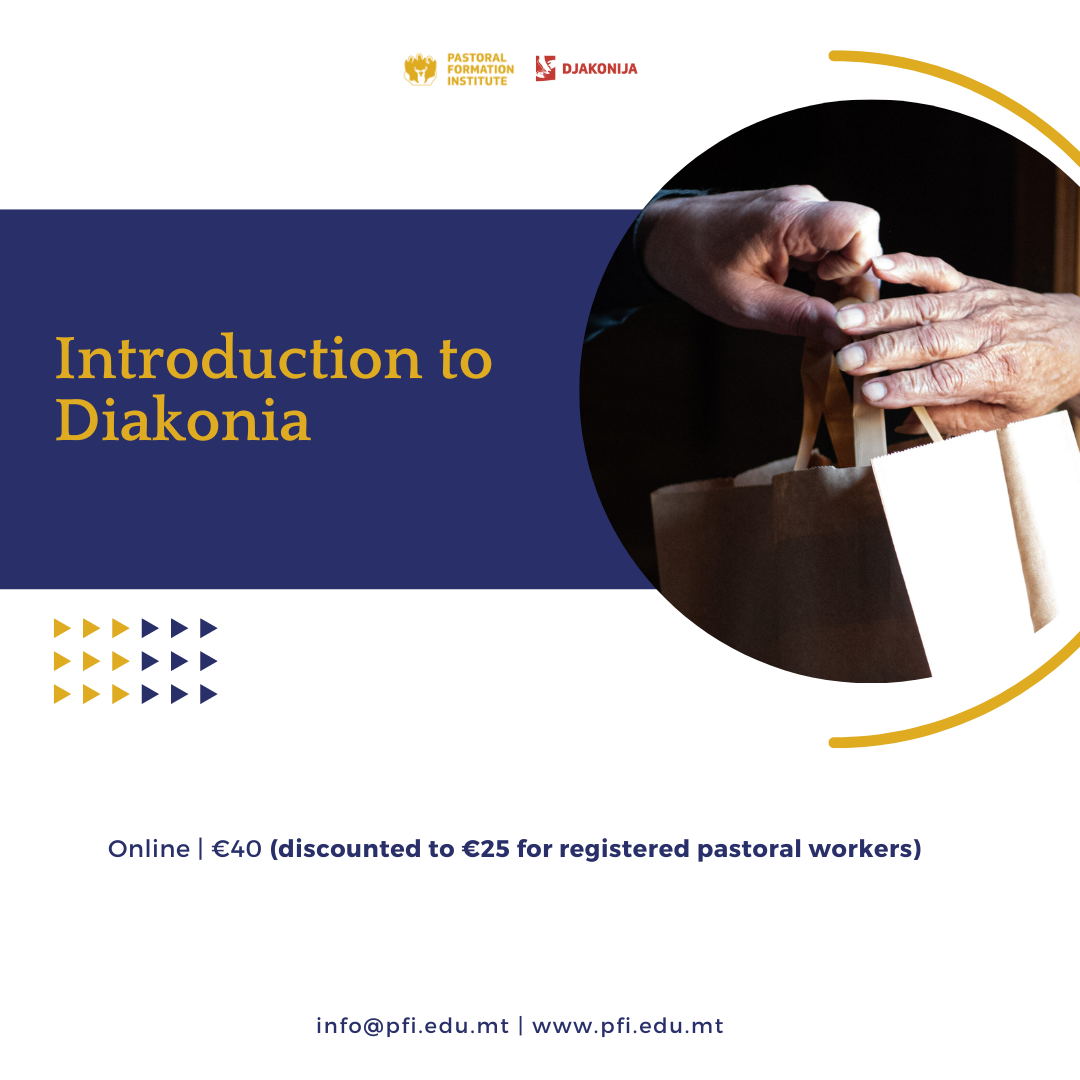
Kors ġdid għal min irid jtejjeb l-għarfien dwar il-ħidma pastorali tad-djakonija.
Kors msawwar fuq pre recorded lectures li tista tarahom fil-ħin u l-kumdita tiegġħek
Suġġerit speċjalment għal dawk diġa responsabbli minn ħidmiet ta djakonija fil-komunita’.
MIN REGISTRAT DIGA BHALA OPERATUR PASTORALI IHALLAS €25 flok €40* – u jista japplika hawn https://parrocci.knisja.mt/pfi
Aktar informazzjoni fuq: https://pfi.edu.mt/course/intro-diakonia/
PFI – Moodle
23/03/2024PFI – Korsijiet
23/03/2024Victim Support Agency
23/03/2024Active Ageing
23/03/2024JUM IL-FOQRA
31/10/2023Jekk tixtieq tordna hard copy tas-sussidju imla hawn
Biex gie ppubblikat dan is-sussidju ħadmu u kkolaboraw:
Mons Charles Cordina
Mons Anton Gouder
Fr Martin Micallef
Patri Ivan Attard op
Sr Teresa Tonna
S-Sur Robert Aloisio
S-Sur Claude Mifsud
S-Sur Ian Noel Pace
Freshers 2023
30/09/2023Kalendarju Djakonija
02/09/2023Jekk trid tinkludi inizzjattiva tad-djakonija li ssir fil parroċċa tiegħek imla il-formola semplici HAWN
